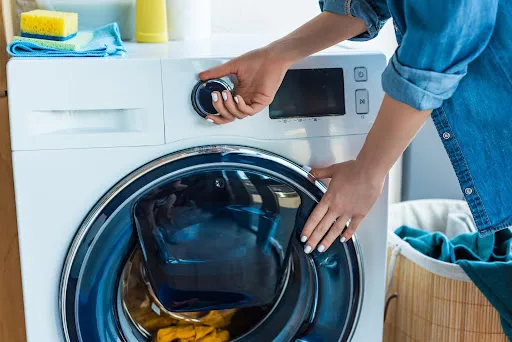In the face of an increasingly water-scarce world, water conservation has transformed from being a mere trend to a pressing necessity. As global populations continue to surge and climate change accelerates, freshwater demands are escalating at an alarming rate. This scenario underscores the pivotal role modern homeowners can play in implementing innovative water conservation strategies.
Table of Contents
Modern Lifestyles and Their Influence on Water Consumption
The profound influence of modern lifestyles on water consumption can’t be overlooked. A typical home today brims with a plethora of water-consuming appliances and fixtures: washing machines, dishwashers, showers, toilets, and more, all of which contribute significantly to our daily water use. Shockingly, the average Australian household consumes around 340,000 litres of water annually. Clearly, there’s an urgent need for us to rethink our water consumption habits and adopt sustainable practices.
Innovative Technologies: The Future of Water Conservation
As technology continues to advance, we now have at our disposal an array of innovative tools and strategies aimed at water conservation. For example, greywater recycling systems represent a revolutionary approach towards conservation, enabling us to reuse water from showers, sinks, and washing machines for various purposes such as flushing toilets or watering gardens. This strategy alone can save hundreds of litres of water every day.
Moreover, the advent of smart irrigation systems has brought a paradigm shift in the realm of water conservation. By optimising watering schedules based on real-time local weather conditions, these systems prevent needless water wastage in gardens and landscapes, thus contributing significantly to conservation efforts.
High-Efficiency Appliances: A Step Towards Sustainable Living
The burgeoning popularity of high-efficiency appliances in modern homes is largely attributable to their impressive water conservation capabilities. Appliances such as energy-star-rated washing machines and dishwashers, low-flow showerheads and taps, and dual-flush toilets are transforming our approach to domestic water use. By making a one-time investment in these appliances, homeowners can save significant volumes of water in the long run, without compromising on comfort or convenience.
Behavioural Changes: Small Actions, Big Impact
While high-tech solutions are pivotal to water conservation, never underestimate the power of simple behavioural changes. Actions such as promptly repairing leaks, taking shorter showers, and ensuring washing machines or dishwashers are loaded to their maximum capacity before running can collectively save thousands of litres of water annually. Over time, these seemingly insignificant actions can add up to substantial water savings.
Outdoor Water Conservation: An Unexplored Territory
Outdoor water usage, often overlooked, constitutes a major fraction of total household water consumption. By embracing water-efficient landscaping techniques, such as selecting native, drought-resistant plant varieties and installing efficient drip irrigation systems, homeowners can dramatically cut down on outdoor water use.
Rainwater harvesting, an age-old practice receiving renewed attention, offers another effective strategy for outdoor water conservation. It allows homeowners to harness a sustainable source of water for their gardens and landscapes, reducing their reliance on mains water.
The Broader Implications of Water Conservation
Water conservation transcends the immediate advantage of reducing utility bills; it has far-reaching implications for environmental sustainability. By using water judiciously, we can alleviate pressure on our already strained freshwater resources, thus contributing to a sustainable and resilient future.
Conclusion: Modern Homeowners and Their Role in Water Conservation
Modern homeowners wield enormous power when it comes to water conservation. By embracing innovative strategies and making small changes to daily habits, they can make a world of difference in saving water. Water conservation isn’t just about fulfilling our environmental responsibilities – it’s also a savvy financial decision that pays off in the long run.



















